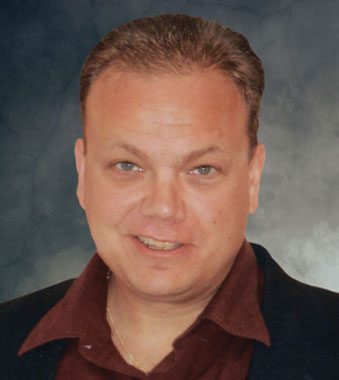
With his characteristic bluntness, Phil Robertson of Duck Dynasty warned the rest of us against being “deceived” by those who would have us think that “adulterers, the idolaters, the male prostitutes, the homosexual offenders, the greedy, the drunkards, the slanderers, the swindlers” will “inherit the kingdom of God.”
Homosexual activist groups have pounced upon Robertson for his “vile” comments and A&E suspended him “indefinitely.” Meanwhile, predictably, high-profile Republican figures have sprung to his defense. Palin wrote on her Facebook page: “Free speech is an endangered species. Those ‘intolerants’ hatin’ and taking on the Duck Dynasty patriarch for voicing his personal opinion are taking on all of us.”
Let’s think clearly and speak truthfully.
First, if the wildly improbable occurs and A&E decides to drop Robertson and/or his program, then the owners of the network would be exercising their right to free speech. Robertson’s right to free speech no more requires that his employers keep him employed than Martin Bashir’s right to free speech required that his employer, MSNBC, keep him employed.
The right to free speech is nothing more or less than an obligation on the part of the government to refrain from punishing individuals for their speech. In other words, free speech is speech that does not come at the cost of a government-imposed penalty.
No one, as far as I have been able to determine, is trying to convince the government to penalize Robertson or anyone else for his speech. In fact, his critics are exercising their free speech rights.
Second, this being said, that some are “offended” by the speech of others is to be expected in a free association of self-governing actors. It is precisely because of the heterogeneity of views that are sure to proliferate in such an association that a right to free speech exists in the first place. But not only is it expected that, say, the spokespersons for GLAAD would find Robertson’s remarks “vile,” it is also utterly irrelevant that they do so.
Third, like it or not, Robertson said nothing that hasn’t, in one way or other, already been said in the Bible and by the entire Christian tradition for the last 2,000 years. If he deserves to be condemned for echoing the Bible and his faith tradition, then so too do the latter deserve the same. His critics won’t go so far as to take the entire Christian tradition to task for being “anti-gay,” for in doing so they know that they will actually undermine their cause by alienating untold numbers of people. Instead, they treat one man as if he is some sort of moral aberration.
Yet it isn’t just Christianity that has always treated homosexuality as morally problematic; every ethical tradition the world over has done so as well. The Bible, let us never forget, was written almost exclusively by Jews, and close to 80 percent of it consists in what Christians call “The Old Testament.” If Robertson needs to apologize, if he is deserving of contempt for his stance on homosexuality, then Jews need to apologize and they are deserving of contempt for their 3,000-year stance on it as well.
And what about Islam? For all of their indignation, Robertson’s critics would never so much as dream about attacking the disciples of Muhammad like they are now attacking him. They wouldn’t dream about attacking Muslims at all. Yet if any ethical tradition in the world today could be said to be “anti-gay,” it is Islam, for Muslims not only view homosexuality as an abomination against God, they arrange their societies to insure that homosexuality is regarded as a capital crime.
Robertson is not advocating “gay bashing” or any type of conduct, mischievous or otherwise. Whether one agrees with Robertson or not, the man is merely expressing what most of the planet’s people, including its most renowned moral teachers, have always taken for granted about homosexuality.
The Bible’s passages on homosexuality lend themselves to more than one interpretation. But considering that it is Robertson’s critics who — perhaps rightly, perhaps incorrectly — are now in defiance of a trans-historical, trans-cultural consensus on the moral character of homosexuality, the burden is on them to be truthful and enlighten, not Robertson, but the world.



